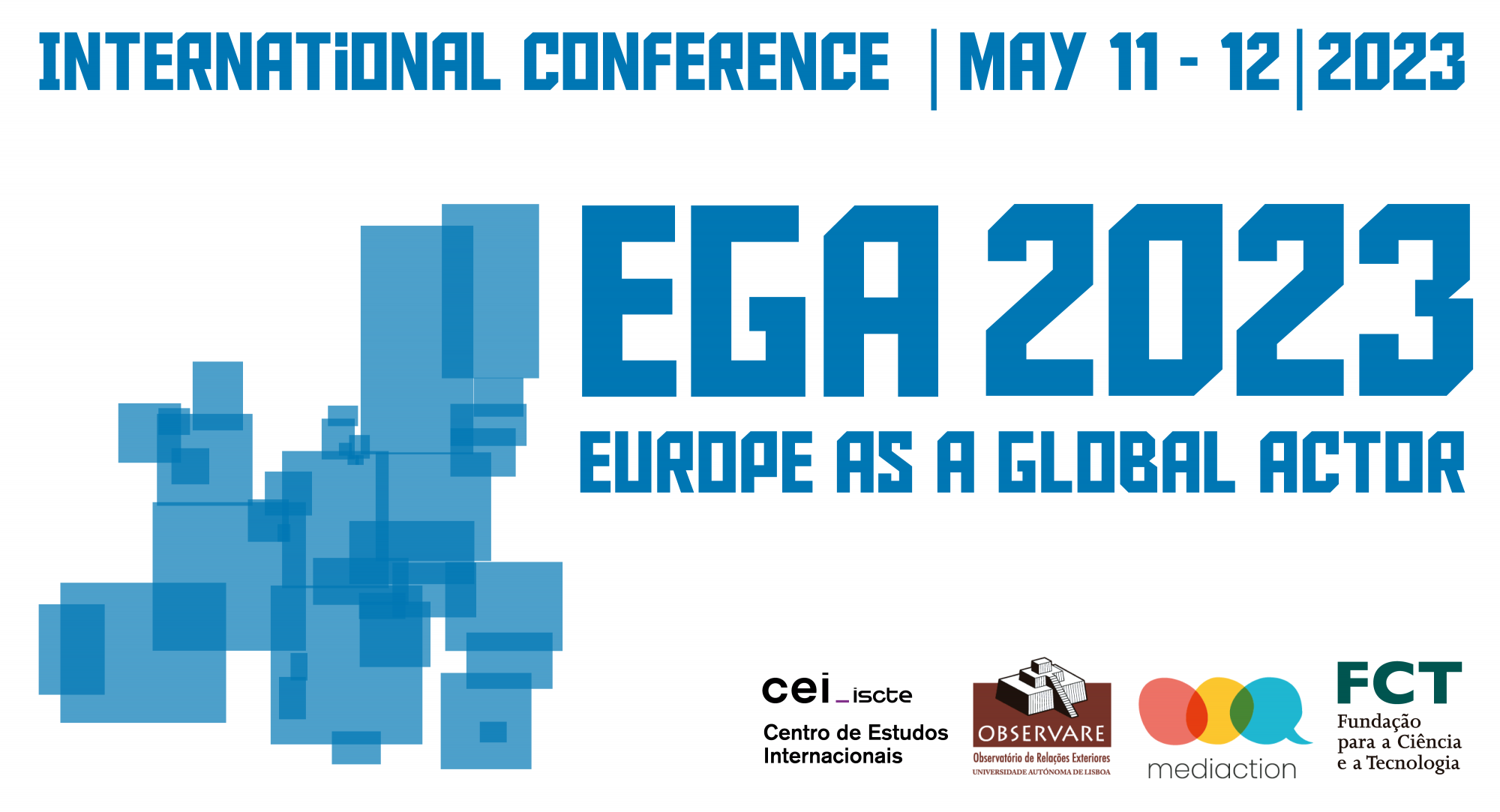Ever since 2009, Euroscepticism has become a reality in the European Parliament (EP), something reflected in the emergence of Eurosceptic party groups, such as the European Reformists and Conservatives (ECR) and Europe of Freedom and Direct Democracy (EFDD). The rise of Euroscepticism has continued after 2014 elections, which resulted in the appearance of another Eurosceptic group, the Europe of Nations and Freedom. Although these party groups have received scholarly attention (Brack, 2018, 2015) most of it has been directed at the roles of individual MEPs and their voting patterns. The present paper aims to complement the existing findings, by exploring Eurosceptic EP groups’ composition and applying the fussy set Qualitative Comparative Analysis (fsQCA) to four cases of EP groups, which are identified in the legislatures of 2009, 2014 and 2019 on the basis of data from Expert Surveys. The independent variables of this study include the position, the salience and the benefit of the EU to the Eurosceptic group in the EP, the GAL/TAN dimension of individual EP groups’ actors and finally, the position towards specific EU policies and issues, namely European Parliament powers, internal market, foreign issues, budgets, immigration and nationalism. All of these are expected to be crucial in the definition of necessary/sufficient conditions for a formation of a Eurosceptic EP group.
Keywords: Euroscepticism, European Parliament, EP groups, fsQCA analysis
Catarina Silva*, Laura Ferreira-Pereira*, & Alena Vysotskaya Guedes Vieira* | *Centro de Investigação em Ciência Política da Universidade do Minho
Catarina P. Silva is a PhD student of Political Science and International Relations at the University of Minho (Braga, Portugal) and a collaborative member of Research Center in Political Science (CICP) from University of Minho. Since 2017, she holds a fellowship from Foundation for Science and Technology – FCT (Lisbon, Portugal).
Laura C. Ferreira-Pereira is Professor of Political Science and International Relations at the University of Minho and Visiting Professor of the University of São Paulo. She is the author of Portugal in the European Union and a co-author of The European Union’s Fight Against Terrorism (both London: Routledge, 2014).She has published extensively on EU’s foreign policy and Portuguese foreign and security policy in the journals International Politics, Journal of Common Market Studies, Journal of European Integration, Cooperation and Conflict, Cambridge Review of International Affairs, Global Society, European Politics and Society, and European Security, among others; and in several edited volumes. Her current research explores the nature and significance of the EU’s strategic partnership diplomacy, Europeanisation within and beyond Europe, regional integration processes (with an emphasis on security and defence) in comparative perspective, and Euroscepticism. She is a member of the editorial board of the journals Contemporary Politics and European Review of International Studies.
Alena Vysotskaya Guedes Vieira is a member of a Research Centre in Political Science (Centro de Investigação em Ciência Política, CICP) and Assistant Professor at the University of Minho (d4215@eeg.uminho.pt). She holds a PhD in Political Science from the University Erlangen-Nürnberg, Germany. She was Visiting Researcher at the Finnish Institute of International Affairs, Instituto Estudos Estratégicos e Internacionais (Lisbon), and the University of Leuven. She has published in Europe-Asia Studies, Post-Soviet Affairs, Cambridge Review of International Affairs, International Spectator, and European Politics and Societies, among other journals (orcid: 0000-0002-5643-0398).
